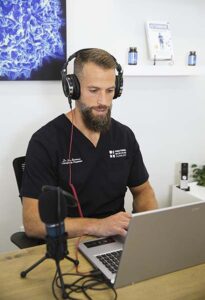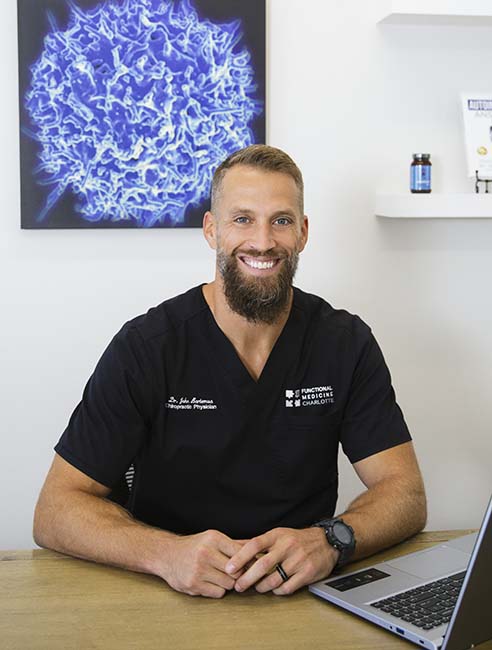What Is Functional Medicine?
Functional Medicine Charlotte, located in Cornelius, addresses the underlying causes of chronic ailments, using a systems-oriented approach and engaging both patient and practitioner in a therapeutic partnership. It is an evolution in the practice of healthcare that better addresses the healthcare needs of the 21st century. By shifting the traditional disease-centered focus of medical practice to a more patient-centered approach, functional medicine addresses the whole person, not just an isolated set of symptoms. Functional medicine practitioners are holistic doctors who spend time with their patients, listening to their histories and looking at the interactions among genetic, environmental, and lifestyle factors that can influence long-term health and complex, chronic ailments. In this way, functional medicine supports the unique expression of health and vitality for each individual.
How is Functional Medicine Different?

- Patient-centered care. The focus of functional medicine is on patient-centered care, promoting health as a positive vitality, beyond just the absence of disease. By listening to the patient and learning his or her story, the practitioner brings the patient into the discovery process and tailors strategies that address the individual’s unique needs.
- An integrative, science-based healthcare approach. Functional medicine practitioners look “upstream” to consider the complex web of interactions in the patient’s history, physiology, and lifestyle that can lead to illness. The unique genetic makeup of each patient is considered, along with both internal (mind, body, and spirit) and external (physical, nutritional, chemical, and social environment) factors that affect total functioning.
- Integrating best medical practices. Functional medicine supports traditional Western medical practices with what is sometimes considered “alternative” or “integrative” medicine, creating a focus on prevention through nutrition, diet, and exercise; use of the latest laboratory testing and other assessment techniques; and recommended combinations of botanicals, supplements, therapeutic nutrition, detoxification programs, or stress optimization techniques.
Address The Cause
